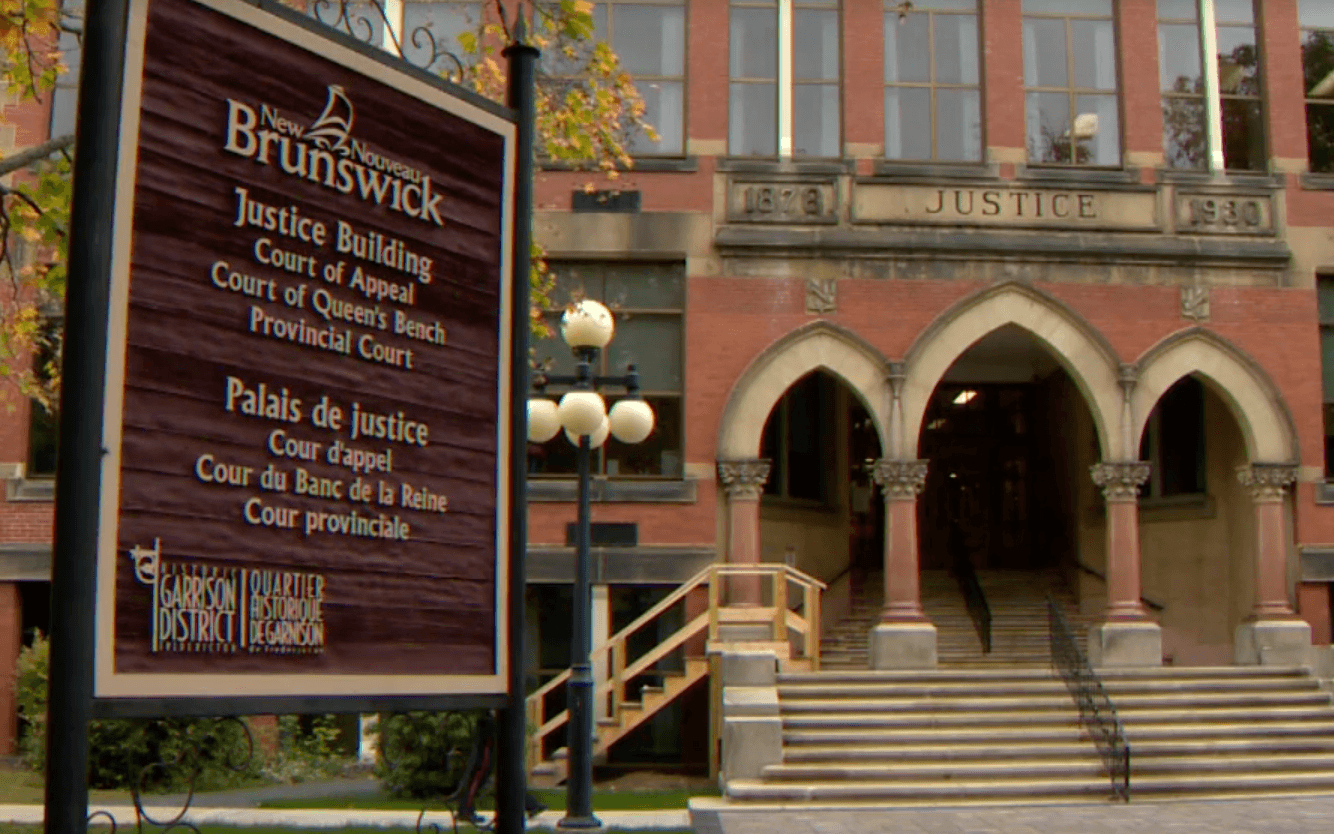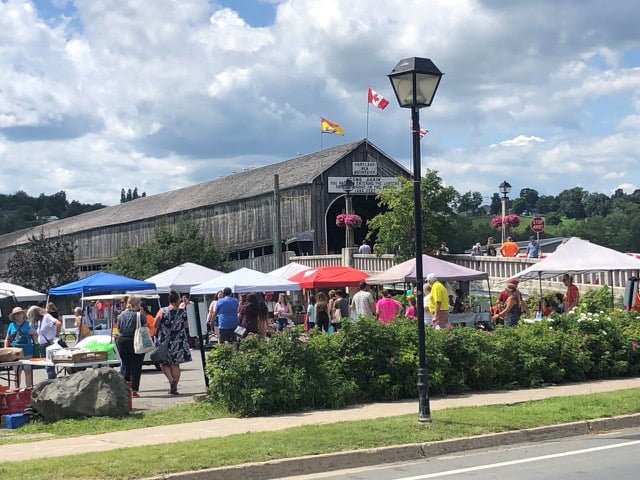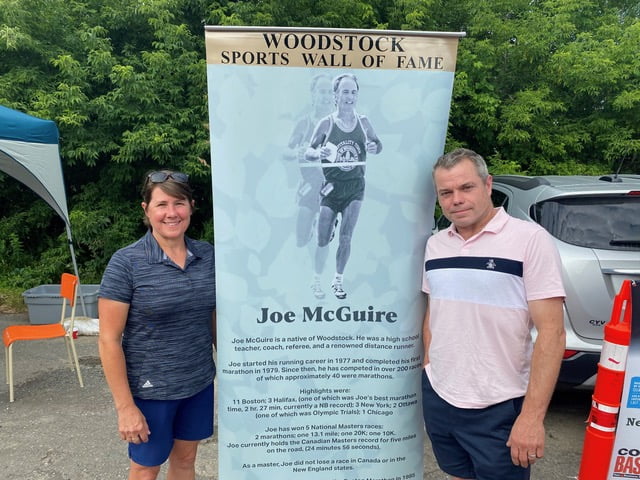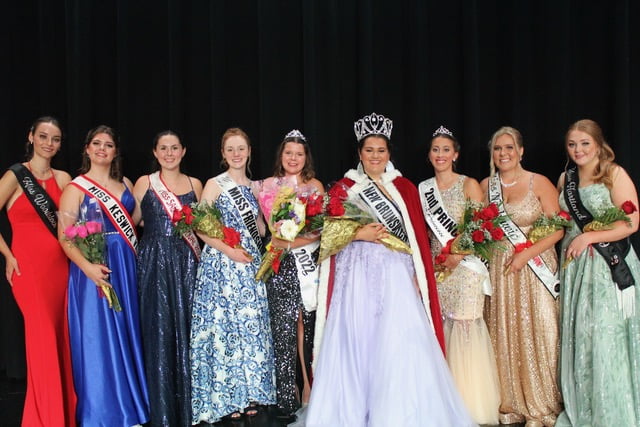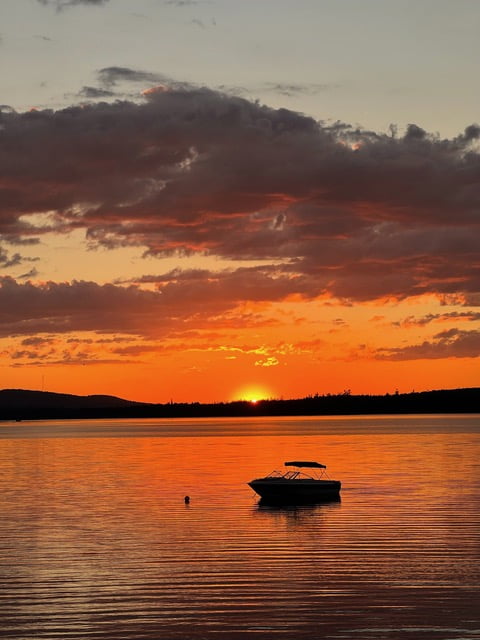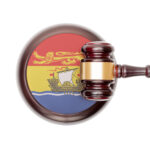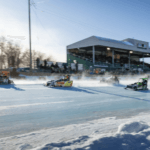Case heard by N.B. Court of Appeal, decision expected in coming months
By John Chilibeck, Local Journalism Initiative Reporter, The Daily Gleaner
It was a lighthearted moment that showed how almost everything in the big Wolastoqey Nation’s title claim can be viewed through a different lens.
Justice Ernest Drapeau asked lawyer Renée Pelletier why she was pronouncing the name Tsilhqot’in Nation with an “s” sound at the start instead of something closer to “ch.”
Pelletier, who represents the Wolastoqey side, replied with a smile that she was using the same pronunciation as the people who live in the Indigenous community in central British Columbia.
“But a very learned person taught me how to say it,” protested the judge, smiling back.
The Tsilhqot’in reference came up many times over the two days before the New Brunswick Court of Appeal in June.
In a landmark decision in 2014, the Supreme Court of Canada declared Aboriginal title for the first time, recognizing over 1,700 square kilometres in B.C. that belonged to the nation.
How that 11-year-old case reflects on the Wolastoqey Nation claim has been hotly contested.
The leaders of the Indigenous people from western New Brunswick, who live in six communities along the St. John River and its tributaries, their namesake river, which they call the Wolastoq, launched a lawsuit in 2020 against the province and Ottawa in an Aboriginal title claim.
They claim that more than half of the province is theirs, and they want to be compensated for any lands being used in their traditional territory.
In 2021, at the urging of the province, the Wolastoqey Nation’s lawyers added several big firms, mostly timber companies, as defendants because they own vast tracts of land, far more than the Crown, or public, forests still within the traditional territory, which encompasses more than 60 per cent of New Brunswick’s geography.
The firms, which include J.D. Irving, Acadian Timber, and H.J. Crabbe and Sons, have argued that they shouldn’t be part of the lawsuit and that their lands should be excluded because they are privately held, fee-simple properties, just like the properties of thousands of other homeowners and businesses.
Those other property owners are described in the lawsuit as “strangers to the claim,” and the Wolastoqey leaders say they’re not interested in reclaiming their properties.
The firms are contesting a lower court ruling that removed them as defendants from the lawsuit but kept their properties in play as part of the title claim. One of their arguments is that the Tsilhqot’in claim covered Crown land while private landowners were left alone.
Paul Steep, a Toronto lawyer working for JDI, submitted a 42-page brief stating that Justice Kathryn Gregory of the Court of King’s Bench made several significant errors when she ruled on motions the firms had submitted to have themselves and their land released from the claim.
For starters, the lawyer said, Gregory did not hear any of the lawyers, including those representing the Wolastoqey Nation, argue that a court-ordered expropriation by the provincial government was possible in the future. Yet, she said in her ruling that it was an avenue that could open one day.
And Steep took issue with the “middle ground” the judge seemed to find.
The industrial defendants, as they are called in the claim, say they need to be fully in or fully out of the lawsuit, not put in a position in which they can’t defend their property when an Indigenous nation goes after it.
The decision, Steep wrote, smacked of procedural unfairness, created a court-ordered expropriation process that did not exist in law, and granted something the Wolastoqey Nation had never requested (even though they celebrated the decision afterward).
The fear is that once Aboriginal title is declared, it will entitle the First Nations to a bundle of rights, similar to property ownership rights, that will hamper their company’s ability to do business.
JDI and its various firms own approximately 6,500 square kilometres of woodland in the claim area, a vast area. It’s more than double the size of Luxembourg or Samoa. That land is also essential for generating revenue and employing thousands of employees.
The legal team’s brief states that JDI relies on it “to supply, finance, and conduct various integrated operations across multiple sectors and industries, including agriculture, construction, consumer products, hydroelectricity, forestry and forestry products, mining, recreation, retail and wholesale distribution, industrial fabrication, transportation, and logistics.”
EMS Enterprise Inc., an intervener in the case, told the appeal court it sided entirely with the three timber firms.
Lawyer Mara Mallory, representing the property firm from Edmundston, argued that Gregory had erred by resting her decision on a version of Aboriginal title that does not exist in law.
She said Tsilhqot’in remained the only case to date in which the Supreme Court of Canada had confirmed a declaration of Aboriginal title over Crown lands. In it, the court was careful to note that the Indigenous leaders had excluded from their claim the privately held lands within the territory, Mallory said.
“The Supreme Court of Canada has not yet grappled with the complex and far-reaching issues that arise from a competing and long-standing fee simple interests in the context of an Aboriginal title claim,” the lawyer argued.
Not surprisingly, the plaintiffs view Tsilhqot’in and other court cases involving Aboriginal title quite differently.
Pelletier’s team wrote that JDI “wishes to deny the Wolastoqey the ability to seek a declaration of Aboriginal title over lands owned in fee simple. It fundamentally urges this outcome based on an untested legal theory that fee simple grants displace Aboriginal title.”
This theory of JDI’s, Pelletier said, is contrary to decades of Supreme Court of Canada decisions, which hold that Indigenous rights, including title, can only be extinguished by clear and plain lawmaking, something that the Wolastoqey Nation says never happened in their history.
They hold that the Peace and Friendship treaties, the first of which was signed 300 years ago between Indigenous chiefs in the region and British colonial leaders in 1725, never ceded their land (although this idea hasn’t been tested before the courts; the case up until this point has proceeded, in the words of Gregory, at a “glacial pace” and could take years, even decades to resolve.)
Pelletier said that JDI and other defendants were relying on the idea that Aboriginal title couldn’t be declared for private, free simple lands, basically an argument for extinguishment without any law having been passed.
While agreeing that the firms didn’t do anything wrong, she said the Crown, as represented by the provincial government, still must make amends and uphold its honour.
If negotiations over the title claim with the Susan Holt Liberal government or a future government don’t go well, the Wolastoqey Nation wants to reserve the right to ask the court to order the province to expropriate timberland, if need be.
“A grant of fee simple cannot extinguish Aboriginal title unless the high bar to show extinguishment is met,” the Wolastoqey court document states.
The three-judge panel, led by Drapeau, reserved their decision, which is expected in the coming months.


